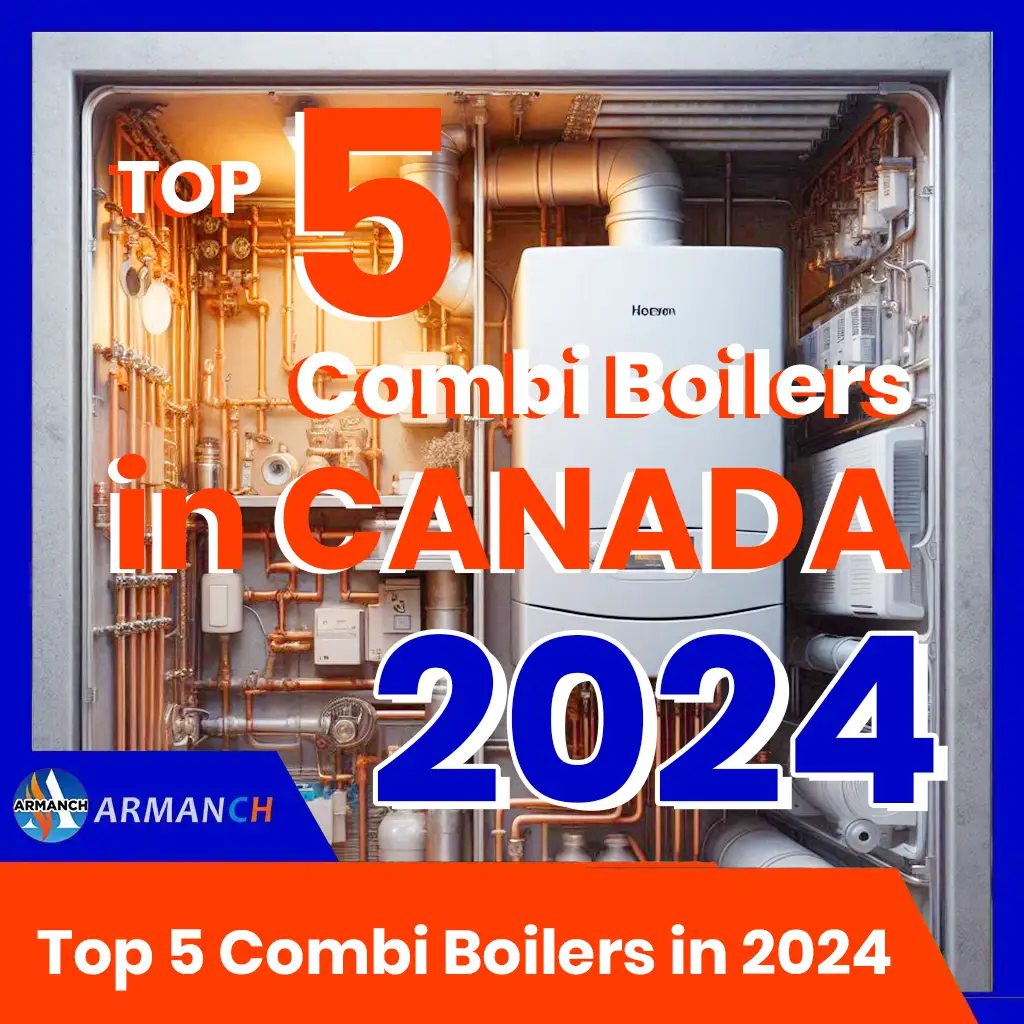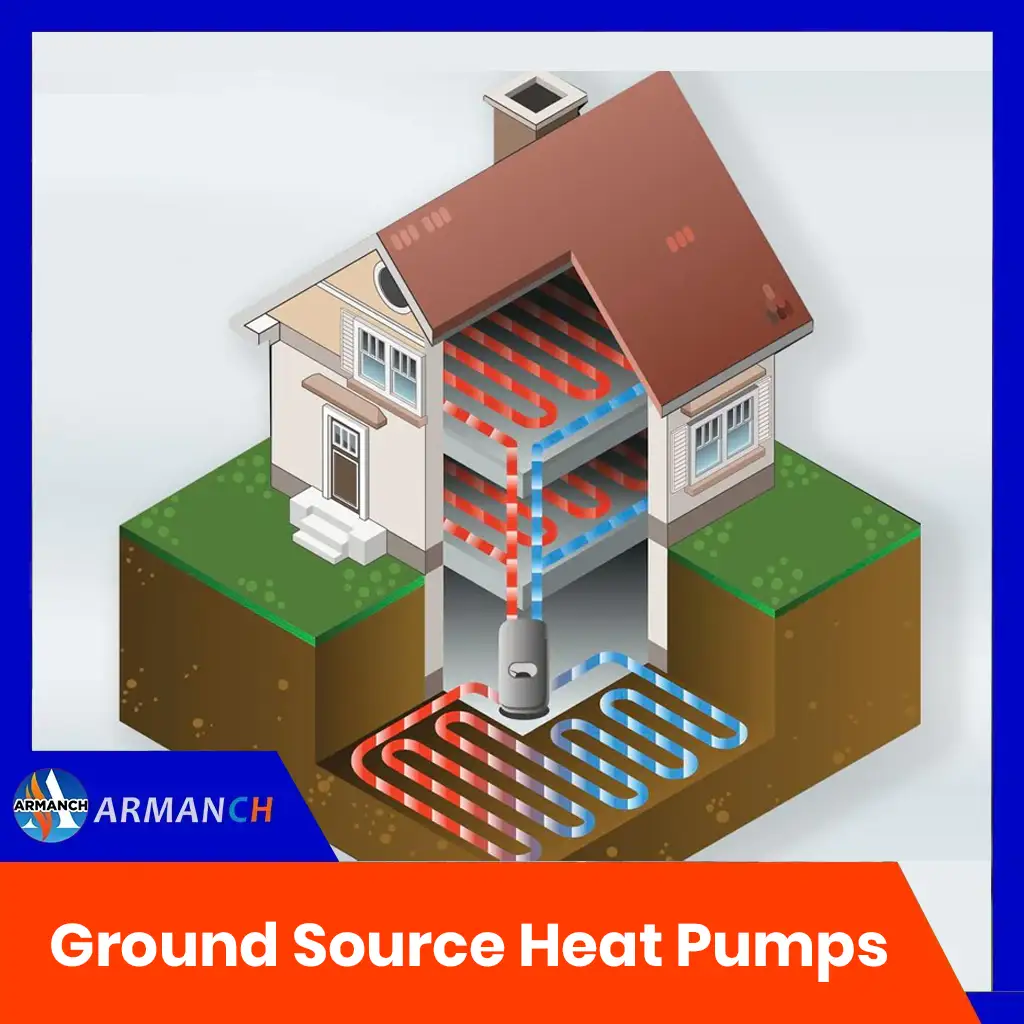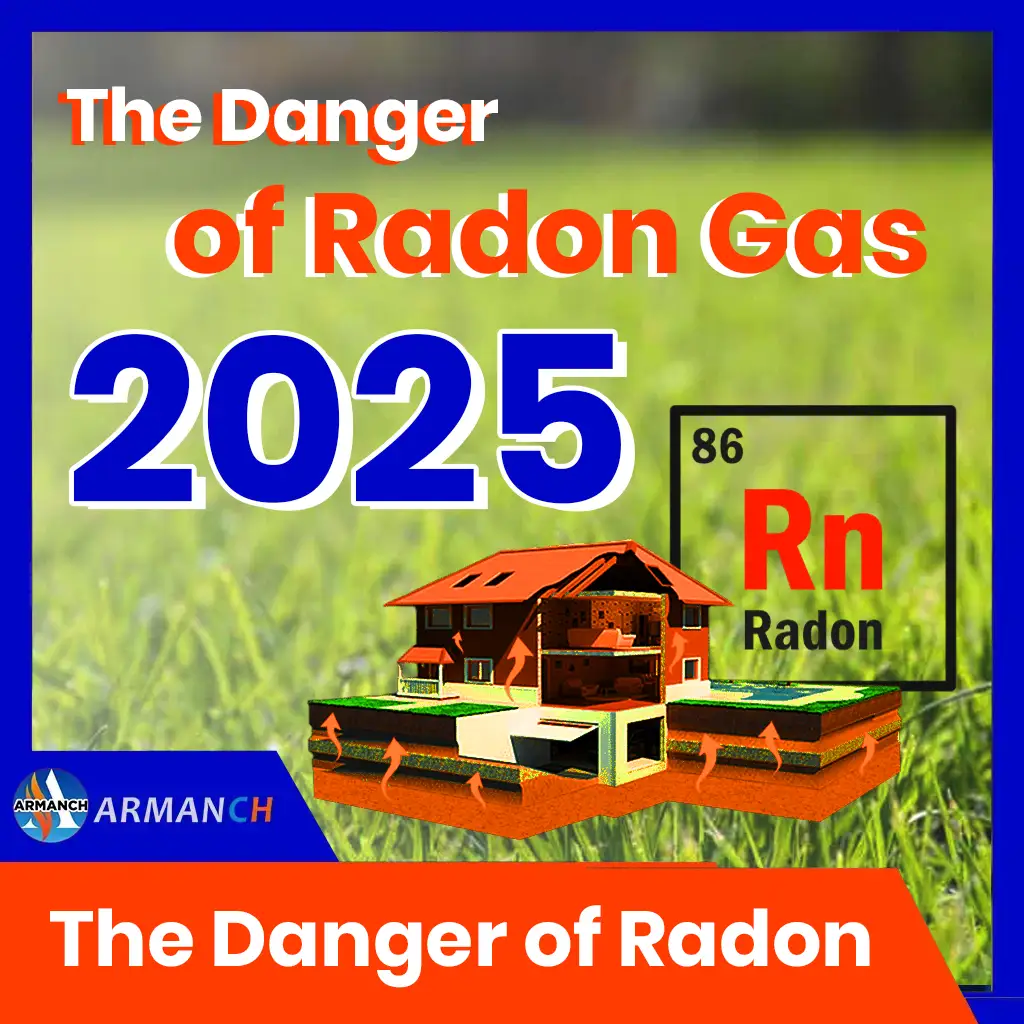
How to prevent HVAC fires ?
Understanding and Preventing HVAC Fires
Here, we have prepared some useful information about the causes that lead HVAC systems to catch fire, and we are introducing important advice for avoiding and preventing HVAC fires.
What Is The Main Causes of HVAC Fires
Electrical malfunctions, such as short circuits, overloaded circuits, or faulty wiring, can lead to HVAC fires. Loose connections, damaged wires, and other electrical issues contribute to this hazard.
Incorrect installation can create a fire risk by causing fuel line leaks, inadequate ventilation, and other problems. Proper installation is crucial to ensure safety.
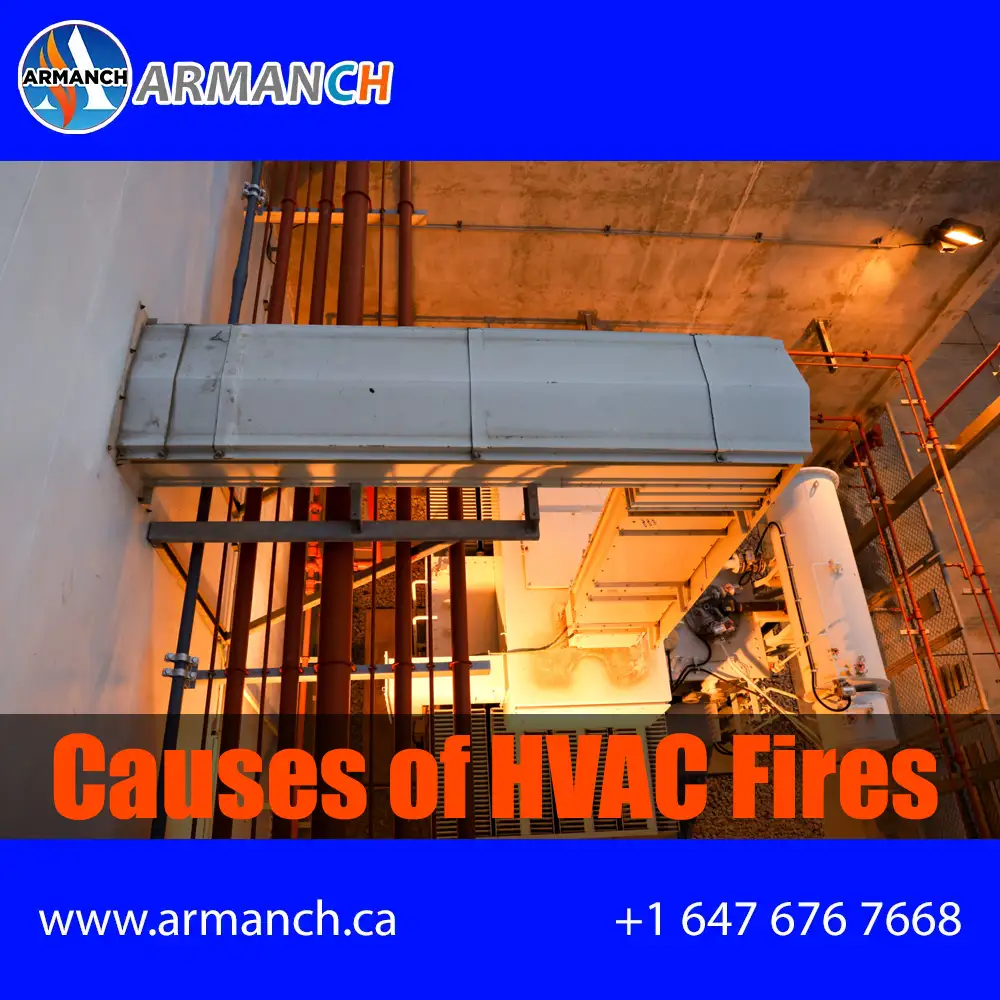
Regular maintenance is essential for HVAC systems. Neglecting tasks like changing filters, cleaning coils, and addressing issues can result in clogged components and increased fire risk.
Aging HVAC systems are more susceptible to malfunctions and potential fire hazards. Worn or damaged parts in older systems may increase the risk of fires.
Storing combustible materials like paper, wood, or chemicals near HVAC systems poses a fire risk. These materials should be kept away to prevent contact with the system.

Preventing HVAC Fires Incidents
Schedule annual maintenance with a professional HVAC technician to identify potential fire hazards and ensure proper system functioning.
Regularly clean or replace air filters, remove debris from around the system, and maintain a clutter-free area to reduce fire risks.
Place smoke detectors near the HVAC system and throughout your space to provide early warnings in case of a fire.
Have licensed electricians install and maintain the wiring for your HVAC system to prevent electrical malfunctions.
Prevent overloading electrical circuits by limiting the number of devices connected to them, reducing the risk of electrical malfunctions.
Keep flammable materials away from the HVAC system, minimizing the risk of fire incidents.
Protect the HVAC system from power surges by installing surge protectors, mitigating the risk of electrical malfunctions.
Protecting and Maintaining HVAC Systems
Regularly schedule professional HVAC maintenance to ensure efficient operation and identify potential issues early.
Change air filters regularly to prevent system overloading and reduce the risk of overheating.
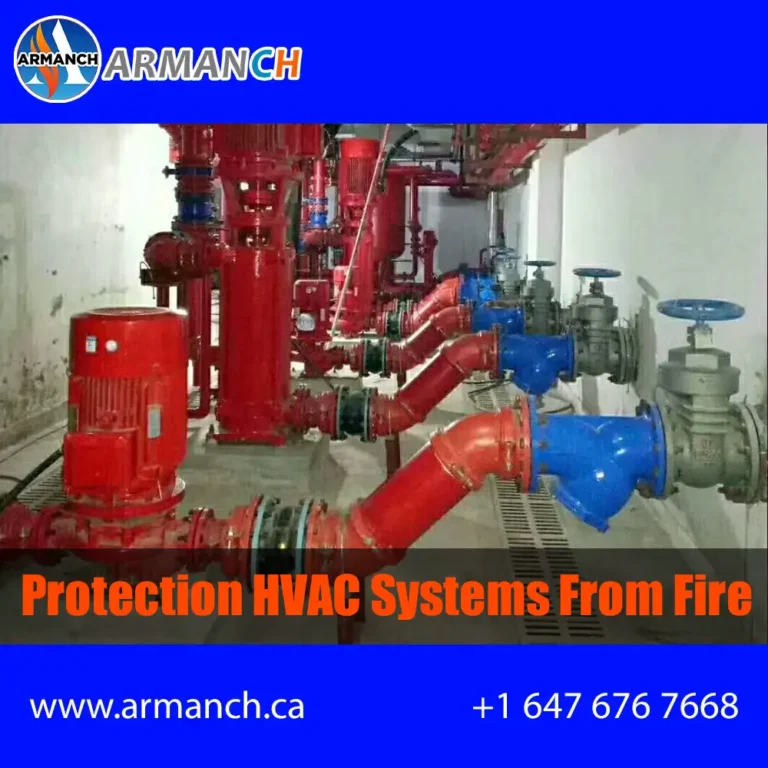
Maintain a clean environment around the HVAC system, preventing dust buildup and ensuring efficient operation.
Use a programmable thermostat to regulate temperatures, reducing strain on the system and promoting longevity.
Utilize ceiling fans to enhance air circulation, reducing the workload on the HVAC system.
Seal any air leaks in your home or building to prevent unnecessary workload on the HVAC system.
Regularly monitor for unusual noises, smells, or signs of problems, and contact a professional HVAC technician promptly if issues arise.
Protecting and Maintaining HVAC Systems
- Schedule regular professional maintenance
- Change air filters regularly
- Keep the HVAC system and surrounding areas clean
- Install programmable thermostats
- Use ceiling fans for improved air circulation
- Seal air leaks to enhance efficiency
- HVAC-R
- Design and Permit Services
- Hydronic & Hot Water Services
- Heating and Cooling Services
- Air Conditioning Services




